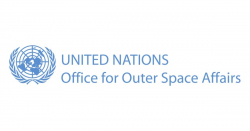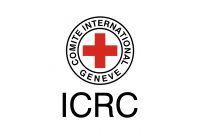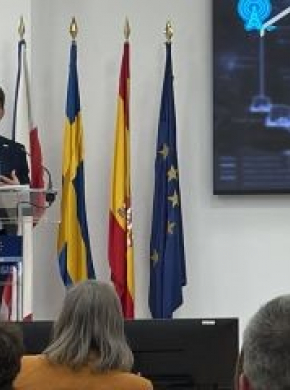What are the Partners Groups?
The CSS Programme is founded on the principle of partnering with all players in civil security and crisis management. This includes government, institutions, commercial entities, the user community and the industry providing the solutions.
The objective of the establishment of the Partners Groups is to foster:
- Engagement & opportunity creation
- Coordination & collaboration
- CSS Programme planning support
The expectation is to boost the engagement of users, matching user demand with solutions provided by industry, thus closing the gap between supply and demand. To this end, the CSS Programme will organise two groups which will be Partners to the CSS Programme and will contribute to shaping CSS activities. The Partners will be the entry point for identifying the priorities and the necessary developments that need to be instigated in order to deliver on user needs.
The contributions of the Partners will be through:
- The User Consultation Group (CSS-UC)
- The Industry Association (CSS-IA)
The User Consultation Group (CSS-UC) focuses on the crucial user dimension. This group shall be composed of entities representing specific needs, providing a voice to the community of civil security and crisis management players. Entities can be local, national, regional as well as International Organisation (under CSS-IO Partners). The Partners of CSS-UC can be from any county. With regards to the User interests, commercially driven interests and/or the ESA Member, Associate or Cooperating State interests will be prioritised within the group activities. If not coming from a Member, Associate or Cooperating States, ESA will evaluate these requests on the basis of external relations priorities approved by Member States of ESA.
The Industry Association (CSS-IA) brings together industrial players. The goal is to foster a collaborative spirit between solution providers, where the concepts of interoperability and compatibility are nurtured, and leading towards the CSS 2035 vision of a federation of systems, which all contribute to the challenges of civil security and crisis management.
As a consequence, through this community of Partners, the CSS Programme will further incubate opportunities for new business growth and the innovation of commercially attractive and differentiating capabilities for Europe.
The Partners of CSS-IA can only be from ESA Member, Cooperating and Associate States. Partners from non-participating states to the CSS programme can only join as Associate Partners to the CSS programme. The current CSS Programme participating states are AT, BE, CH, CZ, DK, EE, ES, FI, HU, LU, NO, PL, PT, RO, SL.
Associate Partners can take benefit as observers to the CSS-IA, in order to maintain informed and engaged with the progress of the CSS programme. Associate Partners will not be contributing to the CSS Programme strategy and work planning, and will only receive high level executive summaries of the work performed by the CSS-IA. We welcome the early engagement of potential future CSS Programme participants through registration as Associate Partners.
Specific workplans of activities for the Partners Groups will be jointly agreed with the Partners.
Joining as Partner to the CSS programme does not constitute any obligation of the Agency to award contracts or provide funding.
The Agency reserves the right to accept or reject registrations. The Agency choice shall be made adhering to the ESA convention.
 |
 |
 |
|
 |
 |
 |
|
 |
 |
 |
 |
 |
 |
 |
 |
 |
 |
 |
 |
 |
||
 |
 |
|||||
 |
 |
 |
||||
 |
 |
 |
 |
 |
||
 |
 |
|
||||
 |
 |
 |
||||
 |
 |
 |
 |
 |
||
 |
 |
 |
 |
|
 |
||||
 |
 |
|||
 |
 |











